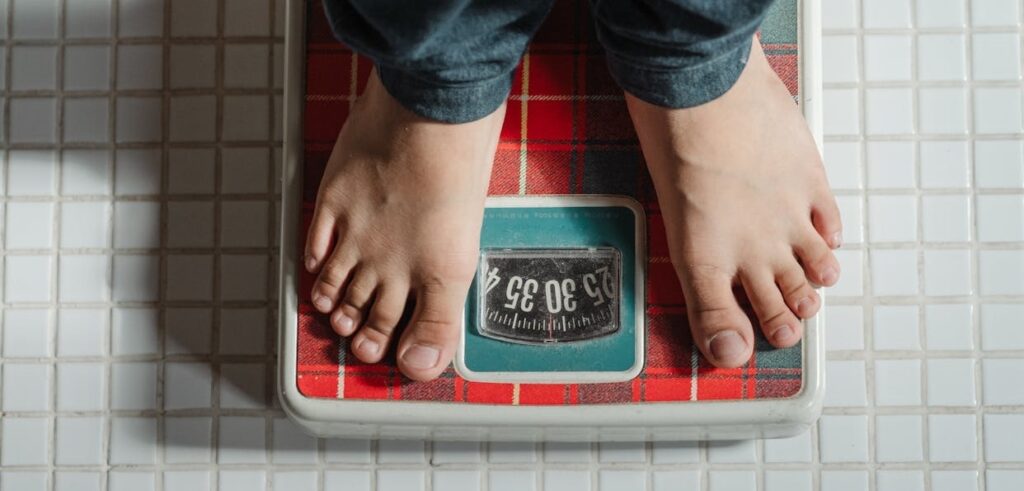In today’s health-conscious society, various dietary trends and practices have emerged, with some individuals opting for extreme calorie restriction as a means to achieve weight loss or other health goals. One such extreme approach involves consuming only 800 calories a day for an extended period. Discover the impact of eating 800 calories a day for a month, learn how to maintain weight loss post-diet, and find sustainable solutions.
The Experiment: Consuming 800 Calories a Day for a Month
The decision to eat only 800 calories a day for a month was not taken lightly. The individual embarking on this journey meticulously planned their meals to ensure they met their nutritional needs despite the severe caloric restriction. Each day, the individual consumed a carefully curated selection of foods that provided essential nutrients while staying within the 800-calorie limit. This experiment aimed to explore the physical, mental, and emotional effects of sustained low-calorie intake.
Results of Consuming 800 Calories a Day for a Month
The results of consuming 800 calories a day for a month were profound. Firstly, the individual experienced significant weight loss during the experiment. The drastic reduction in caloric intake led to a noticeable decrease in body weight, highlighting the impact of severe calorie restriction on the body’s metabolism and energy balance. Additionally, the individual reported feeling fatigued and lacking energy throughout the day due to the limited caloric intake. This aligns with existing research that links very low-calorie diets to decreased energy levels and feelings of lethargy.
Moreover, mental clarity and focus were notably affected by the restricted diet. The individual reported difficulty concentrating on tasks and experienced cognitive fog, which could be attributed to inadequate fuel for optimal brain function. These cognitive effects underscore the importance of consuming sufficient calories to support cognitive performance and overall brain health.
Insights Gained from the Experiment
Through this experiment, valuable insights were gained regarding the impact of extreme calorie restriction on various aspects of health and well-being. One key takeaway was the importance of balance and moderation in dietary practices. While short-term calorie restriction may lead to weight loss, sustaining such low caloric intake can have detrimental effects on overall health and vitality.
Furthermore, the experiment highlighted the significance of listening to one’s body and responding to its nutritional needs. Severe calorie restriction can disrupt hunger cues and lead to an unhealthy relationship with food. By tuning into hunger signals and nourishing the body adequately, individuals can support their health goals in a sustainable manner.
How To Maintain Weight Loss After Eating 800 Calories A Day For A Month

To maintain weight loss after eating 800 calories a day for a month, it is essential to adopt a sustainable approach that supports long-term health and well-being. Here are some insights based on the search results:
Transitioning to a Sustainable Diet Plan
Gradual Return to Normal Diet:After the period of consuming 800 calories a day, it is crucial to gradually increase caloric intake while focusing on nutrient-dense foods to support overall health.
Flexible Approaches:Consider transitioning to a moderately low-carb, Mediterranean-style diet that allows for flexibility and customization based on individual needs and goals.
Balanced Nutrition: Ensure that your diet includes a variety of food groups, including protein, fiber, and healthy fats, to meet your nutritional requirements while maintaining weight loss.
Long-Term Weight Maintenance Strategies
Intermittent Fasting: Incorporate intermittent fasting as a sustainable way to manage weight and support metabolic health in the long term.
Meal Planning: Plan balanced meals that provide adequate nutrition while aligning with your caloric needs for weight maintenance.
Healthy Food Choices: Emphasize whole, unprocessed foods, lean proteins, fruits, vegetables, and healthy fats in your daily diet to support weight management.
Seeking Professional Guidance
Consult Healthcare Professionals:Before making significant dietary changes or embarking on a new eating plan, consult with healthcare professionals to ensure it aligns with your individual health needs.
Monitoring Health Indicators:Keep track of key health indicators such as blood pressure, cholesterol levels, and blood sugar to assess the impact of dietary changes on overall well-being.
By transitioning to a balanced and sustainable diet plan, incorporating healthy eating habits, and seeking professional guidance when needed, individuals can effectively maintain weight loss achieved through consuming 800 calories a day for a month. It is essential to prioritize long-term health and well-being while making dietary choices that support sustainable weight management.
Read More: What is Half and Half UK



